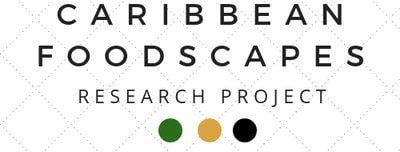This transdisciplinary project aims to understand how historical data of Caribbean food systems can be identified, curated and used to inform current policy and practice strategies for better nutrition and health.
There is an urgent need to understand global and local food systems to support easy and equitable access to healthy and nutritious food, particularly in low and middle income countries. Cities in an increasingly urbanising world are ideal places for such transformation.
This study will aim to develop cross-disciplinary networks and methods that make more systematic and innovative use of existing data sources that can significantly inform policy action. Data describing food systems – such as pricing, consumption patterns, import rates, land usage, and disease trends – are inherently relational and transdisciplinary, and require researchers to cross disciplinary and sectoral boundaries to inform evidence-based policy.

As a team of historians, anthropologists and health researchers, we ask how data that has been collected over time and by different institutions and sectors can be systematically assembled to understand Caribbean foodscapes, and how we can harness this historical perspective to inform policy and practice strategies for better nutrition and health..
Led by Cornelia Guell (University of Exeter) in collaboration with the Universities of the West Indies, York and Cambridge, the project is funded by the AHRC (GCRF UKRI Collective Programme: AH/T00407X/1)
This project builds on feasibility research undertaken by historians and health researchers to understand the evolution of Kingston’s foodscapes from 1945 to the present. These systems have been shaped by profound historical and social changes to family and work life and local and global food systems over the past century in Jamaica.


